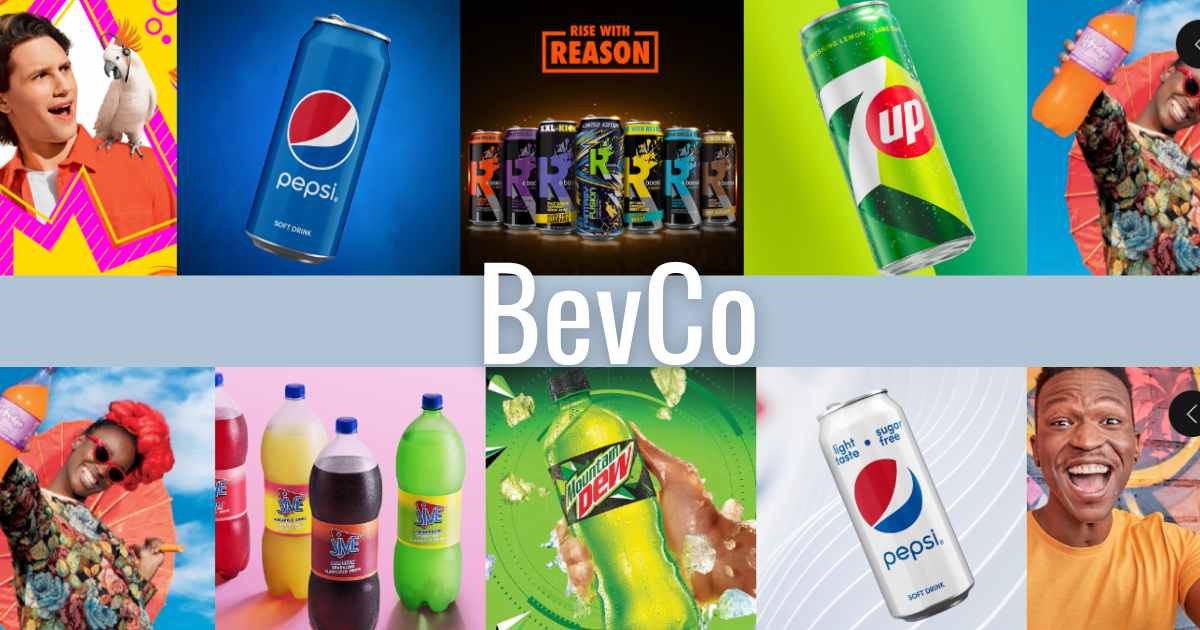
Large brands such as BevCo are attempting to enter the informal sector, establishing new roots in communities through spaza shops. This opportunity is due to the growing informal sector and is sure to benefit the big brands, as long as it also benefits communities through affordability.
Understanding the Spaza Shop Landscape
First, let’s unpack what spaza shop means: Spaza shop s means ‘hidden’ in Zulu. The term arose during the apartheid era when restrictions were placed on black people running businesses in South Africa. Spaza shops typically buy their goods from various suppliers and distributors. The specific sources they purchase from can vary depending on the size of the spaza shop, its location, and the products it sells. This could include wholesale distributors, cash-and-carry traders, manufacturers, and even big retail chains when they offer discounts or special deals.
With over 150 000 informal retailers or spazas across South Africa, located close to people’s homes, spazas are an integral part of the community. Spaza shops typically sell items like snacks, beverages, and other necessities. Over time, some have expanded to offer services like mobile airtime and electricity.
How BevCo is Planning to Leverage the Spaza Shop Informal Sector
The Beverage Company, better known as BevCo, which has over 75 years of industry experience as an innovative soft drink that distributes international brands like Pepsi, Mountain Dew, Mirinda, 7Up, Reboost, Super C, and Jive, is making a strategic move into South Africa’s informal economy. This latest move aims to create a footprint in the Spaza Shop sector. A critical component of the country’s informal retail market.
BevCo has set an ambitious goal to have its products in 30% of South Africa’s spaza shops within the coming three years. The company has mainly sold its products to wholesalers and is now aiming at directly selling to single spaza shops, although maintaining relationships with wholesalers.
As stated by Steven Oliver, BevCo’s Head of Trade Marketing, this strategy ensures the correct range of products is available to spaza shops and showcases the quality and benefits of BevCo’s brand.
“Undoubtedly, we see it as an opportunity to expand our business gradually, but the relative affordability of our products will definitely add value to the communities and hopefully grow the spaza shop businesses too, Oliver explained.
Regardless of the potential growth, entering South Africa’s informal market is difficult. Many businesses in the industry are not registered and lack the technology and infrastructure of formal businesses. This is why large companies often choose to work with wholesalers that supply informal businesses rather than directly working with the informal spaza shop owners.
However, for those who want to tap into this market, it can lead to a goldmine due to the mass opportunities. South Africa’s informal economy has been growing at an average annual rate of 6,7%, far outpacing the formal sector.
This economy has long been essential in meeting the needs of ordinary South Africans who rely on less expensive goods and services that are easy to access in townships and rural areas. It absorbs South Africa’s large unemployed population, providing many with additional income and a basic livelihood.
Some estimates suggest that more than 70% of South African households rely on the informal retail market for their everyday needs. The informal economy is dominated by spaza shops, which largely replicate the formal retail sector and are estimated to be worth around R 180 billion annually.
Major retail shops, like Shoprite, have also noticed the potential within the informal sector. After some huddles, Shoprite polished its strategy with the launch of its Usave stores, which focus on smaller, more cost-effective formats made for township markets. The retailer has since been growing drastically, with a record 13,2% sales increase, making it the fastest-growing brand in Shoprite’s portfolio.
Again, despite not being fully operational with this programme for two months, Oliver remains ambitious. “Our strategy is straightforward: to get the products into the right stores at a reasonable price and give out support to these spaza shops in growing our brands, In the interim, it’s going well, and we are ready to adapt to any challenges that may arise.
Lastly, BevCo’s push into the informal market could create new opportunities for both the company and the thousands of spaza shops it aims to serve.








